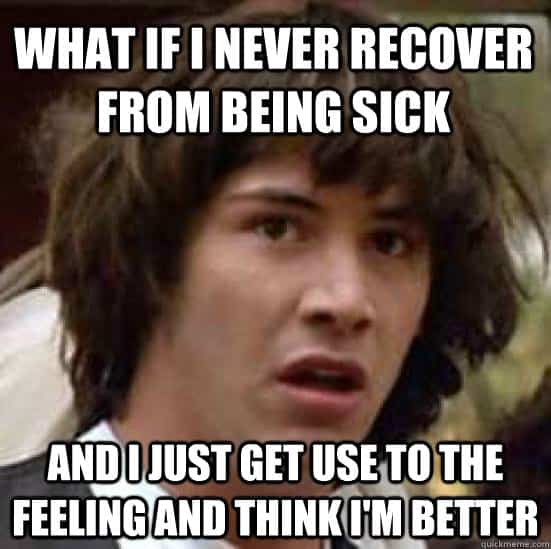
So says Peter Openshaw, a respiratory doctor and immunologist who studies RSV and flu at Imperial College London: “This would not be a good message for public health: we would still have open sewers and be drinking from water contaminated with cholera if this idea were followed to its logical conclusion.” The idea of an immunity debt also suggests that protecting ourselves from infection then requires a debt to be paid in the form of a weakened immune system, which is a dangerous idea. Even COVID-19 vaccines trigger strong immunity that wears off after a few months, requiring a booster.

Immunity from rhinoviruses – the number one cause of the common cold – is not very durable either. It seems clear that on closer inspection, the idea of an immunity debt doesn’t hold weight.įor one thing, immunity from past infections isn’t necessarily long-lasting this is why flu vaccines are reformulated every single year, as the influenza virus has the ability to rapidly evolve to evade our immune systems. The increased isolation over the previous couple of winters might mean a “greater naïve population” could explain a few infections say immunologists like Matthew Miller, at McMaster University in Hamilton, Canada, but not the idea that our immune systems have been damaged in some way because of being overly isolated. But there is a difference between falling sick because of reduced exposure, and falling sick due to a weak immune system damaged by lack of exposure. I’m fully vaccinated but feel sick – should I get tested for COVID-19?.Sickness and survival in pre-COVID-19 Nepal.Get well or get back to work? Why some European countries want sick staff to return while others leave them to recover.One explanation that has been doing the rounds is the idea of an ‘immunity debt’ – the concept that as many of us have spent the previous couple of winters socially distancing or in lockdown, reduced contact with people has left our immune systems vulnerable because it hasn’t been primed by natural infection. Immunity debt is an appealing yet unhelpful idea It is also more easily able to evade vaccines. Descendants of the COVID-19 Omicron variant continue to circulate, with the subvariant XBB.1.5 that has spread worldwide the most transmissible form of the virus yet. In the US, the Centers for Disease Control and Prevention (CDC) reported that flu cases had spiked unusually early, with November 2022 seeing the highest flu cases for that time of year in a decade. Meanwhile flu and and COVID-19 are high too. In December 2022, countries including France, Ireland, Spain, Sweden and the US detected an unusually early uptick in infection, with increased paediatric hospital admissions.Ĭases of streptococcus A bacterial infection and associated scarlet fever have been unusually high in the UK, although they are in line with the last comparable high season of 2017-18. After malaria, it is the biggest killer of children under one. Worldwide, RSV is the most common cause of inflammation of the lungs (pneumonia) or the airways (bronchiolitis) in infants, resulting in around 3.6 million hospital admissions and killing more than 100,000 children under five each year. Health experts have warned of a ‘tripledemic’ of COVID-19, influenza and respiratory syncytial virus (RSV) that is fuelling pneumonia cases. Admittedly this is anecdotal, but it seems borne out by higher levels of respiratory infection than we’ve seen in previous winters.

What has been striking in the past few months is how many friends and family members have had respiratory illnesses lasting weeks, not days. My daughter ended up having to take them as well.

Despite my asthma, I’ve never been sick enough to require high-dose corticosteroids like prednisone. But this recent bout of illness has been unusually brutal. Winter sniffles are not an uncommon seasonal occurrence, and they are a regular feature in our home as I’m asthmatic and have a homemade germ factory with a primary school age kid. There is a danger that “the immunity debt theory is being used to spread misinformation and promote a dangerous theory that natural infections are better than vaccines." The subsequent gastrointestinal bug was the cherry on this particularly horrendous cake. As my own immune system was already battered, I caught her infection too. After developing pneumonia in mid-January, I tried to isolate myself from my daughter when she then caught a chest infection that sounded like marbles were rattling in her lungs, but small children tend to cling, koala-like, to their parents when they are sick. It was the bout of norovirus that nearly made me lose my sanity, coming as it did on the heels of weeks of severe respiratory illness.


 0 kommentar(er)
0 kommentar(er)
